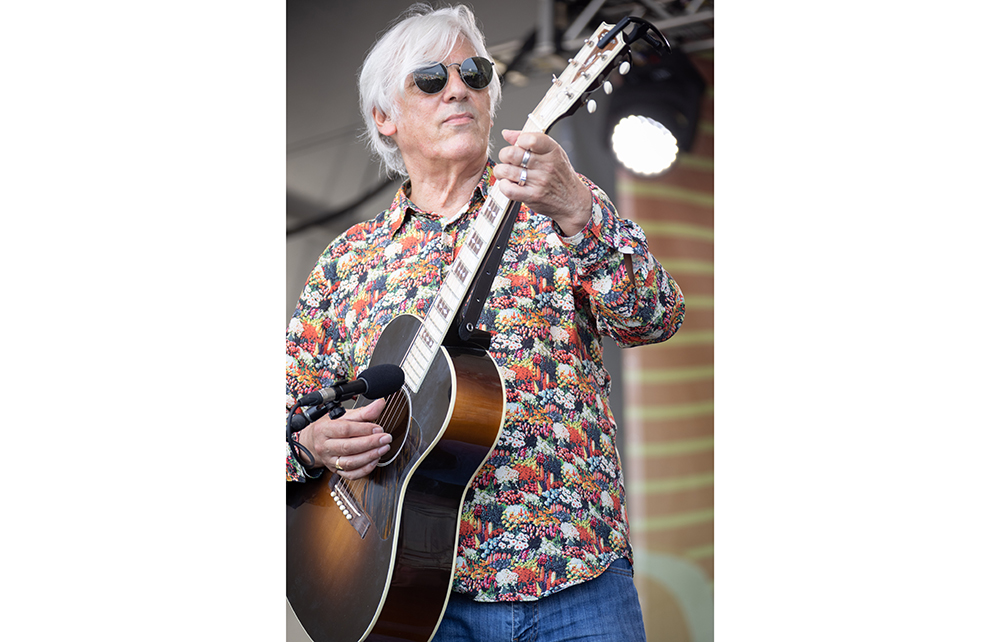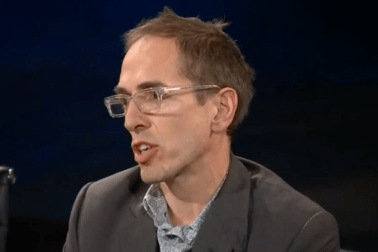There has been a spate of books recently about private education, ranging from academic denouncements of their malign effects on society, such as Francis Green and David Kynaston’s Engines of Privilege, to Charles Spencer’s grim chronicle of neglect and abuse, A Very Private School. Though technically falling within this genre, 1967, the singer-songwriter Robyn Hitchcock’s diverting account of his formative spell at Winchester College, seems to hail from a rosier era. It is one where matron’s buttered crumpets rather than bullying were the chief topics of Billy Bunter-esque reminiscences that proclaimed schooldays the happiest of one’s life. Indeed Hitchcock even wonders whether his parents got their ‘money’s worth’, since, contrary to expectations, he was not ‘beaten up, sodomised or ritually humiliated by the other inmates’. He seems almost dis-appointed in retrospect that nobody stuck his ‘head down a toilet bowl’ or ‘stripped and mocked’ him.
Instead, Winchester, or more specifically the communal gramophone in his school house, was to give Robyn (born in 1953) the musical marrow to suck on that has provided him with a decent income for close to half a century.








Comments
Join the debate for just £1 a month
Be part of the conversation with other Spectator readers by getting your first three months for £3.
UNLOCK ACCESS Just £1 a monthAlready a subscriber? Log in